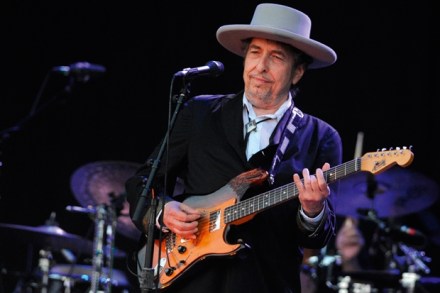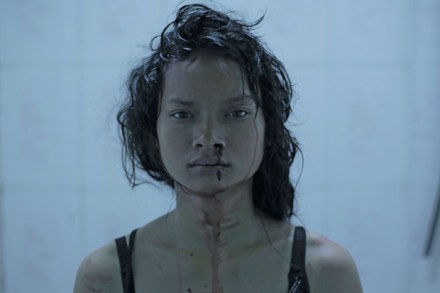Another Self-Portrait isn’t just for the Bobsessives
So, there’s this guy called Bob Dylan and, across just seven years in the 1960s, he’d released nine albums that were already legendary. The Times They Are a-Changin’, Highway 61 Revisited, Blonde on Blonde… yeah, you know them all. But then, at the start of the 1970s, came his Self Portrait. With a title like that, it promised to be mythic and definitive, except it wasn’t. It was a pick ‘n’ mix of country standards, concert snippets and Simon & Garfunkel covers. Dylan subsequently distanced himself from this weird confection. But, through these hindsight goggles I’m wearing, Self Portrait doesn’t look half so bad now. We’ve grown used to seeing
















